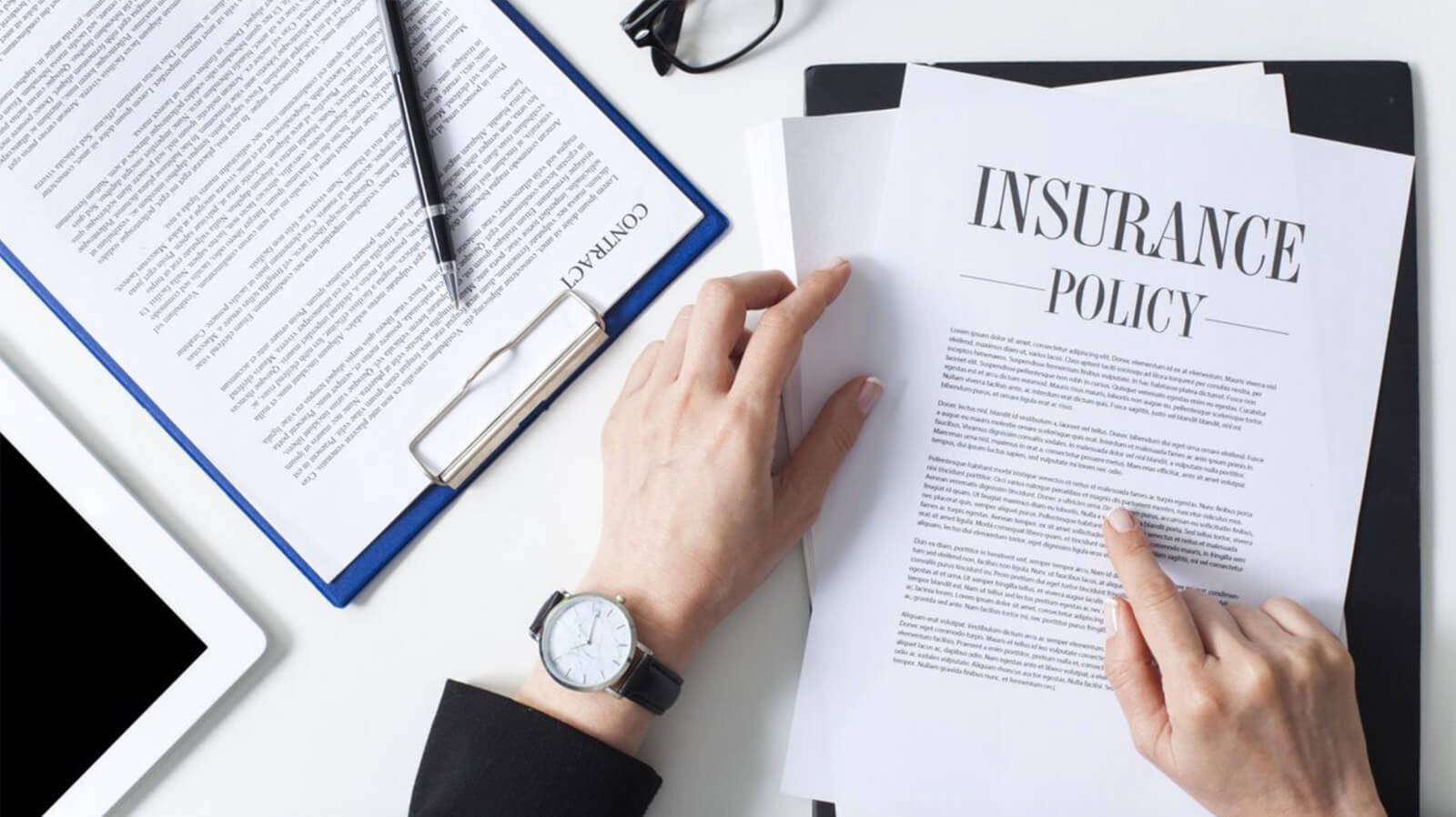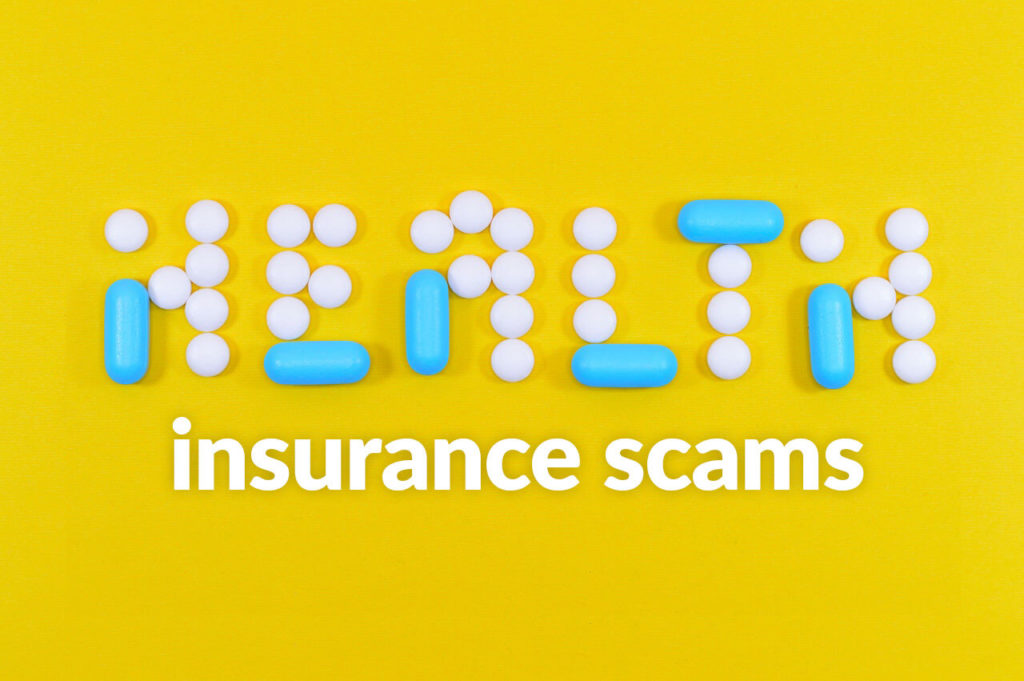Health Insurance Scams To Avoid This Year
Numerous health insurance scams have been reported lately. With the rise of illegitimate providers and the advancement of technology, it is challenging to spot all the red flags typical of insurance scams. However, it's not impossible – that's why we are publishing this article.
Our aim with this short guide is to present various forms of health insurance fraud, how to notice it, and prevent scammers from taking your money. We will also show you what to do if you are already a victim of health insurance fraud.
Scam Detectors Most Trusted Websites in Online Security
- Guard.io (100): Surf the web safely. Clean up your browser, remove maliscious extensions and check for privacy violations.
- Incogni.com (100): Delete your personal data from the internet and protect against scams and identity theft.
- ExpressVPN (100) Stay secure and anonymous online - Best VPN Out There
- IPVansish (100) Fast VPN to stay safe and secure online with multiple discount plans.
Some readers have asked us about companies such as Harvard Pilgrim Health Care, AARP United, or Oxford United Healthcare. They are real, so we are focusing on scrupulous ones.

Recommended Read: Top 10 Life Insurance Scams
Types of Health Insurance Fraud
Victims can be easily fooled at every level of the health insurance procedure. They need to be ready to take specific steps to protect themselves. Whether you are buying insurance coverage or receiving care, make sure you don't become a victim of these criminals. We decided to mention some of the most frequent kinds of health insurance scams that people have experienced.
1. Medical Discount Card Offer
You might have heard of a medical discount card, or “advantageous” plans occasionally offered to people. They are attractive as they are designed to make your health care costs lower and affordable. However, it is essential to note that the National Association of Insurance Commissioners (NAIC) advises clients to be extremely careful when deciding to buy these plans.
The sellers emphasize that these are legitimate discount cards. However, these are not insurance-covered and cannot be used to pay medical claims. Nevertheless, all the advertisements where you can see “premiums” or “copayments” discount plans or cards are scams.
They're created to convince the victim that they are actually a low-cost insurance policy. Stay away from questionable medical discount cards.
2. Mental Health Sessions Fraud
People who belong to the mental health community people are especially vulnerable to scams. Fraudsters typically take advantage of these people by billing them and their insurance companies for needless services.
There were reports that therapists provided a 15 minutes session, but insurance companies were billed for one-hour therapy sessions. The therapists actually billed patients for “recreational” services. And, these services included starting a film to watch.
We would also like to emphasize that mental health fraud can also be related to patients' medications.
In many cases, providers took bribes for using certain services. All in all, mental health patients, in most cases, do not even notice or understand that they are being fooled, making them easy prey for these criminals.
3. Medical Identity Theft
Medical identity theft is related to criminals taking advantage of a person's personal information. These details can be Social Security numbers or health insurance policy numbers. When they possess these numbers, scammers know how to use them to charge you illegally or just to gather payments under your name.
We have four more health insurance scams exposed for you below.
4. Ambulance Fraud
Many shady individuals or companies take advantage of victims who found themselves in moments of great stress, who do not think about an ambulance's cost.
Scammers come into play and add charges for ambulance services. It doesn't happen too often, but it still does. There were instances when an ambulance service provider charged a customer for longer distances or added additional services.
Usually, these are minimal additional charges that people do not even notice, but being that these situations are often, it makes a significant profit over a period of time.
Being that ambulance service companies are there to offer other kinds of transport of various types of patients in need, it has been noted that the number of scams increases.
5. Medicare Fraud
In the United States, unlike the services paid via private insurance companies, Medicare is paid out through the government. As it is a vast program that cannot be fully controlled, scammers use this situation to make money from fraudulent claims.
The U.S. Government Accountability Office (GAO) tried to clarify this situation by saying that Medicare is a high-risk fraud program because bogus claims can go unnoticed.
When it comes to various types of Medicare scams, you can become a victim of a suspicious insurance agent who will attempt to sell you a fake Medicare insurance plan.
You may also encounter a situation when a provider asks you to pay the bills for health services that you have not received. Do not get fooled. Don't provide your personal information to a person claiming it is from Medicare, as he/she may use your data to steal your identity.
It is relatively easy for scammers to take personal information from Medicare users when making specific plans. Medicare staff will not contact you to request your personal details.

Recommended Read: Twisting Insurance
6. Equipment and Supply Coverage Fraud
This kind of fraud is done by insurance companies that falsify medical equipment claims. The fraudsters usually target the elderly or people with disabilities, as they need durable medical equipment.
Some of the fraud cases are double billing for equipment, delivering more equipment than doctor orders, not providing returns, charging for a more expensive product that is not delivered, or issuing false claims.
7. Marketing Scams
This is a widespread scam. What is even worse, it's quite a lucrative business. Criminals send fake insurance agents who convince the customer to buy their insurance policy, thus paying high premiums. However, when the customer claims the payment, these bogus companies do not pay for any medical care.
During the period of two years, the General Accounting Office discovered 144 fake insurance companies in the U.S.
Before getting into some effective ways to protect yourself from fraud, watch the video below to see some tips on health insurance scams in video format:
Health Insurance Scams: How to Protect Yourself
Now that you know all these possible scams, you are probably wondering how you can avoid becoming a victim of these criminals.
The first thing you need to do is determine how to recognize reputable and verified health insurance companies and agents.
You must know what your rights as a consumer are and understand how to protect your identity. It is not easy to determine whether a company or agent is trustworthy, as there are so many offering attractive policies. Still, we suggest that you look at the official health insurance website of your country to find advice on making sure that the health insurance company is legal.
If you do a little research, you can get acquainted with the types of available insurance companies. A sign that shows that a company is reputable is a website that ends in “.gov.” in the U.S. and the U.K.

Recommended Read: Car Insurance Scams
You are suggested that the insurance company you have chosen is licensed in your state/province. This can be done by visiting the National Health Care Anti-Fraud Association (NHCAA) website.
Another thing to remember is that a legal insurance company's agents will never contact you directly to ask for personal information, such as a credit card number or social security number.
You can also check the company's contact information. Make sure that you will speak to a real person once you call its phone number. Many health insurance scams are easy to spot just by doing that. In case the number does not work, you can be sure that the company is suspicious.
Know Your Rights
You need to be smart, and if you are offered something that sounds too good to be true, you should know that it can be a fraud. Last but not least, you need to be familiar with your rights.
Consumers have more rights than they may think they have. Buying insurance through www.healthcare.gov provides you with a free, trained assistant, and you have the right not to give your personal information over the phone. You can ask the company or agent to send you an official letter in the mail.
According to the Federal Trade Commission, federal law provides customers with the right to know their medical files. They are allowed to ask for one free “accounting of disclosures” copy from their medical providers every year.
From this accounting disclosure, you can find out from a list of all the companies that your medical and insurance information were sent to by your provider.
Verify a website below
Are you just about to make a purchase online? See if the website is legit with our validator:
vldtr®


TOP 4 MUST-WATCH FRAUD PREVENTION VIDEOS
1. Top 5 Amazon Scams in 2024 2. Top 5 PayPal Scams in 2024 3. How To Spot a Scam Email in 2024
- Latest Posts by Selma Hrynchuk
-
How To Stop Robocalls
- -
Taking Control of Your Data Privacy: Protecting Yourself in 2024
- -
The Urgency of Removing Personal Information from the Internet
- All Posts













